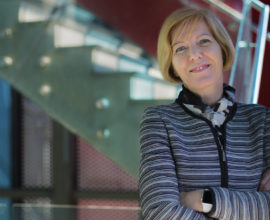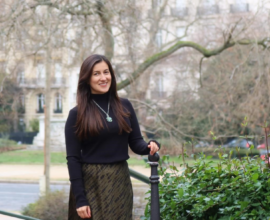Jon Harr
The superstellar engineer-philosopher
![]() Reading Time: 7 minutes
Reading Time: 7 minutes
Operations Director – Andøya Spaceport
Fifty-year-old Jon Harr (MBA 05) comes from Oslo. After a career in engineering and then working as project director at the National Centre for Space Studies (French CNES) in Toulouse, he returned to Norway to head the Norwegian Space Agency. Since 2022, he has been Operations Director for Andøya Spaceport, the first spaceport to be established in continental Europe, located in the Vesterålen archipelago in northern Norway.
The company is currently preparing for the first-ever orbital launch of a telecommunications satellite from mainland Europe. Married to a French woman of Canadian descent, Jon is fluent in French and loves gypsy jazz as well as science fiction. He delivers a reserved yet beaming smile come rain or shine.
Jon, you career path has been both a straight and winding road
Because I combined my studies in engineering and philosophy? Or because I’m a Norwegian guy married to a French woman, who worked in Toulouse and Kourou before coming back home to live in Norway?
Maybe both?
(Laughs) I began my engineering studies in telecommunications at the Norwegian University of Science and Technology in Trondheim, without any real career plan in mind. I already had a need for diversity and was curious to understand the world, so this made me a little different to others. Moreover, as this need was not being met, I very quickly became bored with my studies.
This is why I put my scientific study path on hold for a year, to turn my attention towards the human sciences and philosophy. I was seeking to gain a deeper understanding of the human, cultural and political aspects and wanted to discover the keys to understanding the sciences, all based on hypotheses and axioms formulated by the great philosophers.
Science involves demonstrating theories, yet does not always allow us to trace back to the origin of why. I was searching for this, and needed to call into question the scientific truths to rekindle my interest and ultimately get back on solid ground. I told myself it’s not so bad after all to accept that 2+2 = 4 and that this simple equation allows us to move forward on a daily basis, helping build a better world for people to live in.
Through science or philosophy, for me this human dimension has remained a central focus, and this is likely what led me to Audencia as well.
And yet you chose not to head straight off to Audencia?
No! First, I went back to my engineering studies and then, in my final year, I completed an internship at the National Centre for Space Studies in France. All this by sheer coincidence: no one knew the Toulouse space agency and the French-speaking environment scared people off, so I was the only applicant.
At the CNES, I landed in the highly-technical environment of radar and satellite communication. We carried out projects in collaboration with NASA on satellite remote sensing and environmental monitoring, ocean currents, etc. We took care of the equipment on board the satellites and subsequently the launches, as well as the monitoring once they had been sent into orbit, the initial data gathering, and more. It was incredible!
I remained there some four years before my liking for the human aspect and my wish to pursue an MBA to acquire some managerial skills eventually caught up with me. Audencia was offering an entirely new programme, one with a tremendous international approach – and this also provided a great opportunity for me to be near to my future wife who, at that time, was studying in Rennes.
What benefits has this MBA given you?
Many, many different things. In fact, I put in a great deal more work than I had anticipated. I thought I was learning about management but I learned a whole lot more. For instance, that this notion of ecology, values, and ethics is not incompatible with the business side of things. This very concept was already well established at Audencia and this reconciled me with the image I had of the business world.
I completed my MBA thesis on knowledge management, drawing on observations from the international teams of HP Services in Grenoble. In 2005, teleworking wasn’t really a thing but they were already collaborating from one continent to another, within the same teams. They didn’t have the TEAMS communication platform but used SharePoint and their working methods were fascinating and very avant-garde.
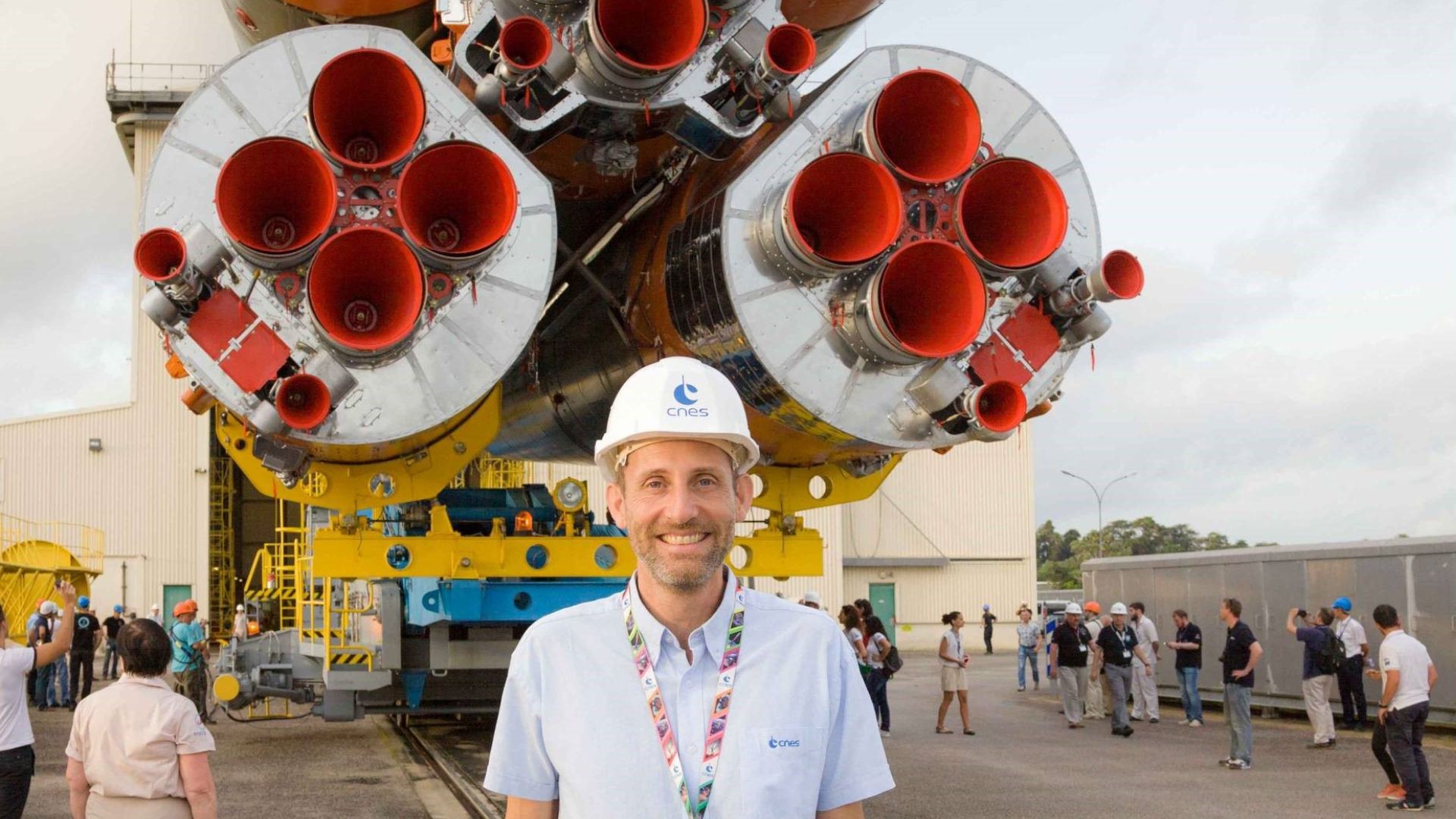
You did however return to your first love.
Yes, the CNES offered me a new assignment and so I headed back. I became the youngest Project Manager at CNES to launch a Swedish satellite. As a rule, it is usually people with a lot more experience who are entrusted with these missions but it was hard to turn down: I was immediately able to put into practice what I had learned at Audencia.
Then, I seized the opportunity of a lifetime and headed out to Kourou in French Guiana, to head up their launch operations: this was the most interesting job of my entire career. I supervised the launches of Ariane V, Soyuz, and Vega from start to finish. On this type of mission, there is simply no room for error: fall hazards are colossal.
From a personal perspective, we spent six wonderful years in Guyana, that is my wife and I, our two children and our third child who was born there. Guyana is a very special place. People think it is an island but this is simply not the case. It is a little slice of France and Europe on the American continent, in the tropics, in the middle of the Amazon rainforest.
So, where are you at today?
We settled in Norway at the start of the 2016 school year, when I left my job at the CNES to join the Norwegian Space Agency with the idea of collaborating on a highly-ambitious project to establish the first satellite launch pad in continental Europe. Today, all European operations are carried out from Kourou: tomorrow, Europe needs to have a “local” solution.
After heading up the Norwegian satellite missions, then becoming Director of the Norwegian Space Agency – a highly bureaucratic position, in 2022 I joined the private consortium in charge of developing the Andøya launch pad to supervise the preparation of launch operations. We are preparing the first launch for the end of 2023: we must record everything, the processes, and operating manuals, but also build, test out, and prepare everything too. This is a mammoth task and I often fear I’ll forget something along the way.
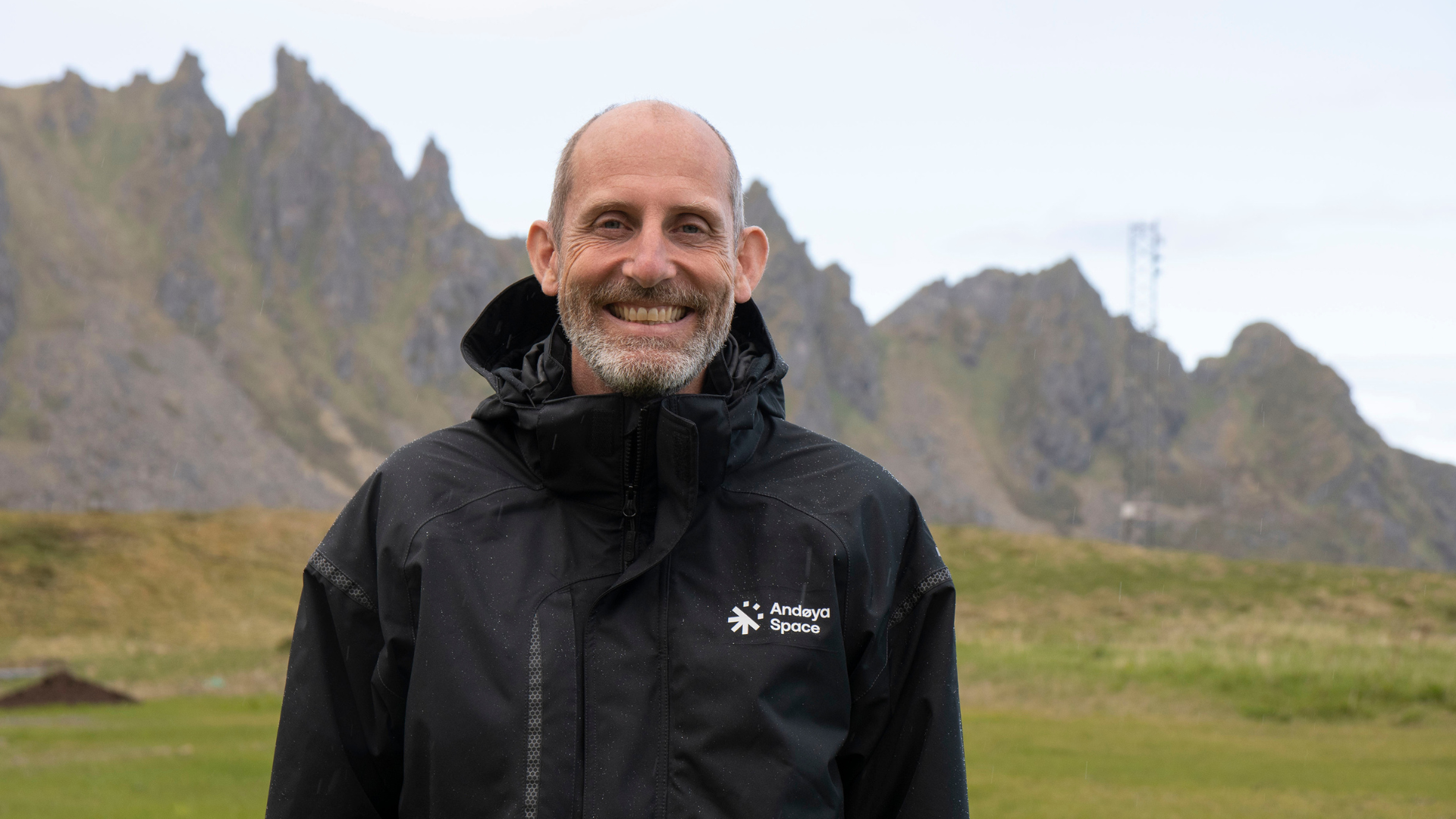
You raise the subject of fear, stress, and risk, which are omnipresent in your line of work. How do you handle this?
By mastering the techniques and processes, as well as carrying out multiple stops and checks to reduce the risks.
At the CNES, where risk is correlated to probability and consequence, we adopted a highly methodical approach. Certain risks were deemed unacceptable (the loss of human life); others (losing a satellite), were tolerable under certain conditions, even though we stepped up the checks to reduce the likelihood of a potential failure and mitigate any consequences.
Today, my environment goes about things in an entirely different way. In the New Space, investors are willing to take a lot more risks, provided the potential gain is proportional. The technology used is far less validated, we take commercially-available components to build satellites faster and less expensively. One in ten, even one in five, satellites might be lost but this is tolerated as the potential gain proves greater than the probability of the risk.
Thus, risk always comes down to a question of calculation: being aware of this reduces stress. On a personal note, the workload is currently what I find most stressful: this is more personal and I handle this in my own way too. By doing sport and spending time in nature cycling, walking, or skiing, as do all Norwegians, and even rowing. I’ve fixed up an old Viking boat that I go out on in the Oslo Fjord during the summer months.
Also, I get to completely switch off at the weekend and during the holidays. On this note, Norway has a truly wonderful culture: when you’re off, you’re off! Over here, the family has an important and respected place, as does the time devoted to it.
Would you say Norway and France have very different work cultures?
As I see it, in France responsibility lies chiefly in the hands of a few managers. In Norway, there is more collaborative decision making. This may prove a slower process but serves to promote group cohesion.
Workplace sociability is also somewhat different. In France, you need to know each other well to work well and you spend time together getting to know one another. This is something I rather enjoy, even though it makes for longer workdays. The Norwegians have no need for this: trust is an automatic and fundamental given. If I call a supplier to purchase one of their services, there is no need for any external recommendations or checks: I know I can trust them.
Economists are categoric: this institutionalised trust is worth billions. In addition, it saves you a great deal of time. Each transaction is more effective: in Norway, it is quite normal to leave the workplace at 4 o’clock in the afternoon. On the other hand, it does lack a certain degree of human warmth.
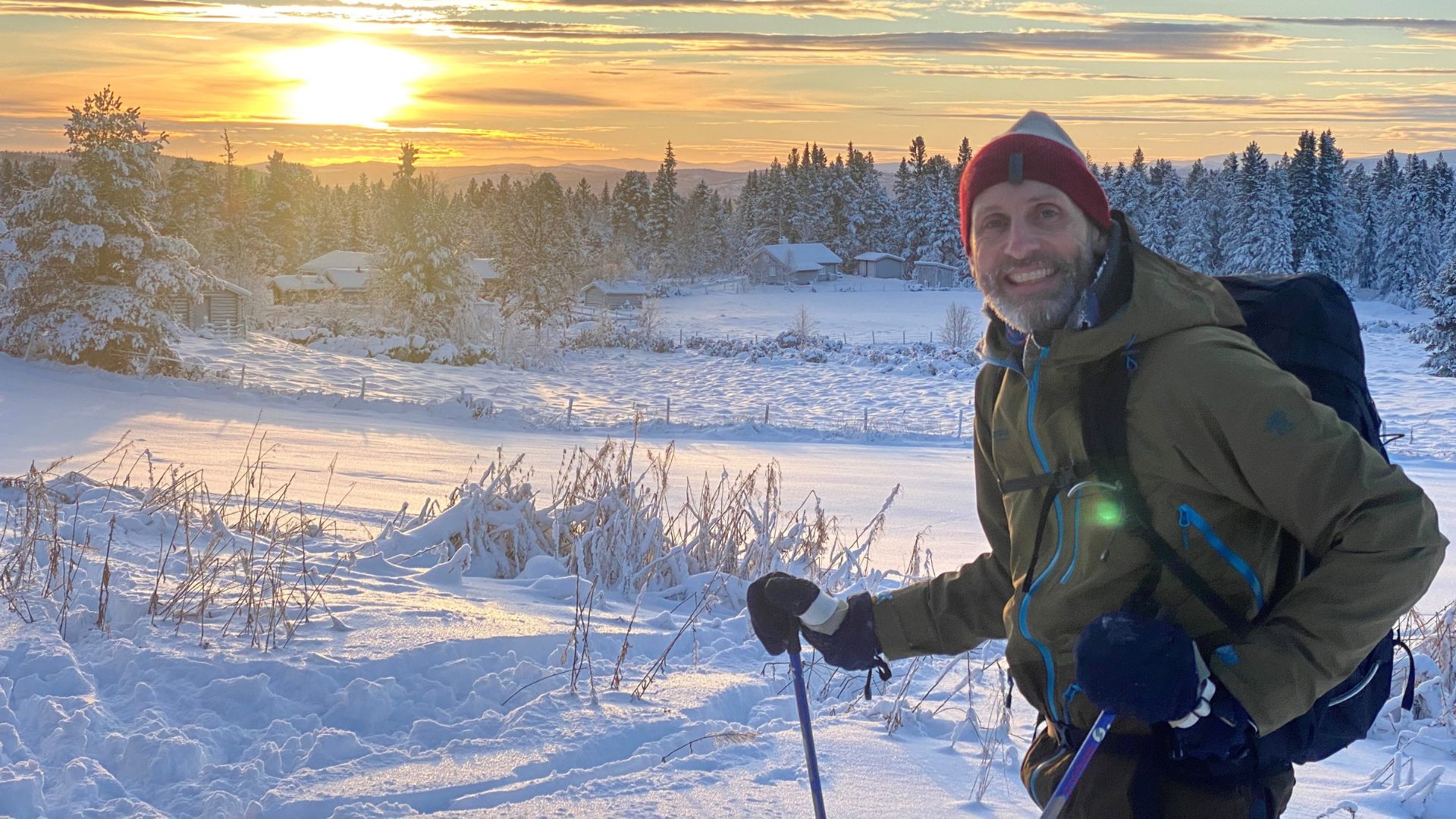
This frees up more time then; so how do you like to spend this extra leisure time?
When I’m not getting back to nature, I like to read. Currently, I’m into science fiction, and devouring The Dark Forest by Cixin Liu, that follows on from The Three-Body Problem. I am also a lover of gypsy jazz music.
In fact, I would love to have taken another gap year when I was younger to play guitar. Today, young people are much less self-conscious about this: we took things far too seriously. They have realised that there are many ways to earn a living and that having different experiences helps makes life sweeter.
Science fiction, this special take on the Planet that you view from above; has this stirred in you a certain amount of eco-anxiety?
Not so much, as I have a constructive take on things. I can see we’re headed for tough times ahead but my role as an engineer is to know how I can contribute towards damage limitation.
How do you see the future?
With a successful first launch! Next, we will have to take things up a gear, with more sophisticated tech and techniques than we are currently operating with today. I am confident the experience I gained at Audencia will prove very useful in achieving this.
So, do your children also dream of the stars?
Of a career in science, no doubt. My wife, who is a doctor, would have loved for one of them to take up the baton. However, they seem more interested in all things technical. Our youngest would like to become… an astronaut of all things!
